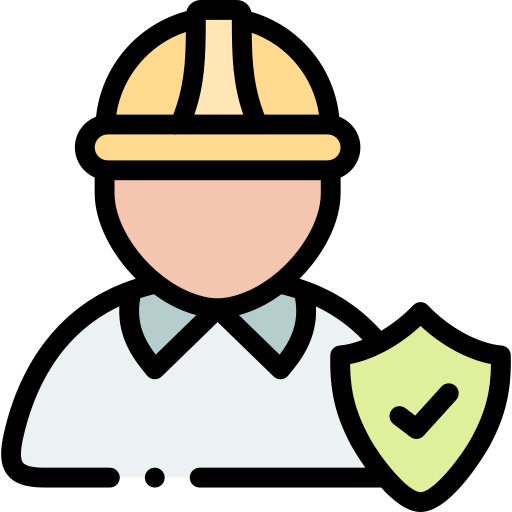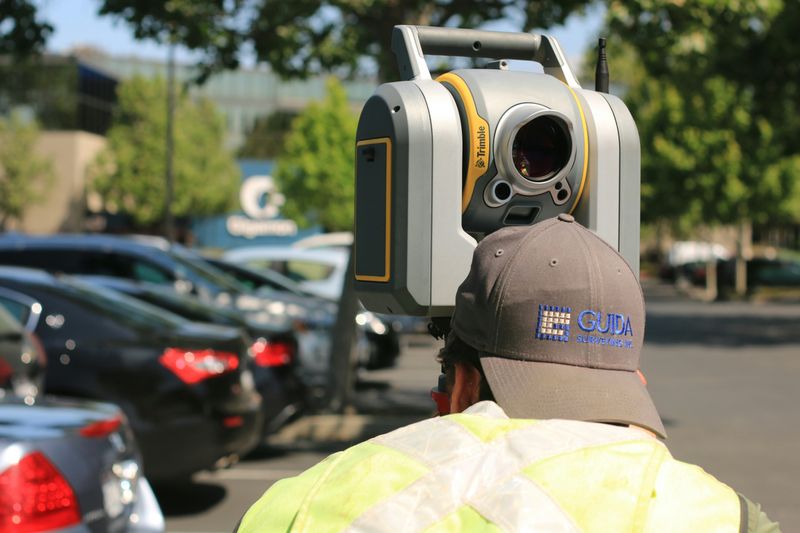The new house on the corner
The bridge repair on the highway
The expanded city park
The new mine in the mountains
The updated map of the shoreline
Before these things could ever be built, land surveyors had to give their stamp of approval!


What do land surveyors do?
One thing is for sure: they do NOT fill out online surveys about the land!
As a surveyor, you would carefully measure specific land areas for construction, engineering, and mapmaking projects.
Most surveyors work for governments, construction companies, or independent surveying agencies.
Check out the video below for more details:
Day to Day
You would use specialized GPS measuring instruments to conduct fieldwork. Your work locations might include:
Construction sites
Deep wilderness
Underwater landscapes (!)
After your fieldwork, you use computer software to analyze your measurements. You may also work with geographic information systems (GIS) software to produce more detailed analyses of the land you’re studying.
You may do this computer work at a mobile field office or a permanent office location.
Who Uses Surveying Results?
You’re taking measurements for a company or government entity, so next, you report your findings to them. They may need to answer questions like:
 Where are the property lines?
Where are the property lines?
 Where is it safe to build?
Where is it safe to build?
Most likely, you'll work on a team with other surveyors or surveying technicians. Depending on your specialty, you may also collaborate with architects, civil engineers, cartographers, and/or urban planners.
Qualifying to be a Surveyor
Education & Training
 In the US and Canada, you'd need a surveyor's license or certificate. The requirements for this credential vary by location, but in general, they include:
In the US and Canada, you'd need a surveyor's license or certificate. The requirements for this credential vary by location, but in general, they include:
A bachelor’s degree in a related subject
Work experience under a licensed surveyor (apprenticeship/articling)
Passing exams
Once you get your surveyor's license, you can also expect to complete continuing education to maintain your credential.
Skills & Personality Fit

Land surveying may be a good fit if you…
Can visualize new objects
Enjoy solving problems
Can communicate well with a variety of people
Like working in different locations

It may not be a good fit if you…
Can't or prefer not to do physical work
Prefer the big picture over details
Do not enjoy mathematics, especially algebra, geometry, and trigonometry
Consider the following people:

Alex has a degree in mechanical engineering but prefers leading hiking trips over being stuck in an office every day.

Blair did well in mathematics and science in school and wants a consistent, predictable 9-to-5 job.

Courtney enjoys hands-on building projects, but not the careful planning they sometimes involve.

Dylan manages a retail store but wants to move into the growing local construction industry.
Quiz
For which people might surveying be a good career move?
Job Outlook
Average Salaries
 $78,000
$78,000
In the US, the number of land surveyor jobs is expected to grow 5% by 2032, which is faster than the average field.
 $83,000
$83,000
In Canada, the field is expanding in many provinces and territories.
Take Action

Your feedback matters to us.
This Byte helped me better understand the topic.


